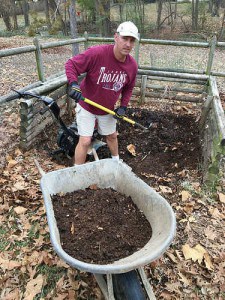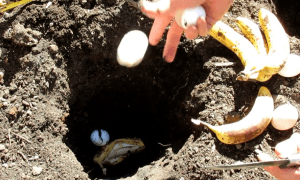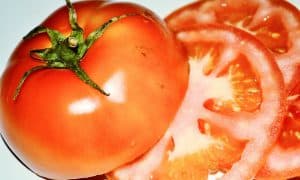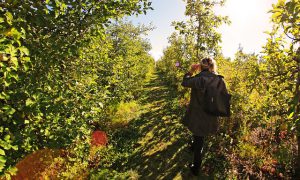 Compost is without a doubt the single most essential supplement that you can offer to your garden soil. Composting is a simple yet effective way to add humus that’s basically is loaded with nutrients needed to restore vitality to depleted ground as well as fuel plant growth. While starting a compost pile is rather easy, that doesn’t mean that it can be done without a few questions. A common concern among new gardeners is what organic materials to put in the compost bin, and an even more notable question is what not to include in the garden compost.
Compost is without a doubt the single most essential supplement that you can offer to your garden soil. Composting is a simple yet effective way to add humus that’s basically is loaded with nutrients needed to restore vitality to depleted ground as well as fuel plant growth. While starting a compost pile is rather easy, that doesn’t mean that it can be done without a few questions. A common concern among new gardeners is what organic materials to put in the compost bin, and an even more notable question is what not to include in the garden compost.
Recommended Ingredients for Your Compost
The best raw material to make compost from is organic waste which can come straight from your own home or straight from your garden. The common items that can make excellent compost ingredients are the following:
- High Carbon Items, “the Browns”. These include wood bark ashes, shredded cardboards, corn stalks, fruit wastes, leaves, shredded newspapers, peanut shells, peat moss, pine needles, sawdust, shredded stems and twigs, straws, and vegetable stalks.
- High Nitrogen Items, “the Greens”. These include alfalfa, algae, clover, coffee grounds, food waste, garden waste, grass clippings, hays, hedge clippings, used hops, manures, seaweeds, vegetable scraps, and weeds (particularly those of which that have gone to seeds as these might survive all but the hottest compost piles).
List of Materials You Should Avoid.
- Coal ash. Although most ashes are generally safe to be mixed into your compost pile, coal ashes in particular are not as they contain high amounts of sulfur and iron that damage plants.
- Diseased plants. It takes a truly efficient composting system coupled with ideal conditions for one to earnestly destroy various plant diseases. If the disease organisms aren’t exterminated, they can be easily spread later on once the compost is applied.
- Meats, bones, fish, fats, and dairy. These many products pose the risk of “overheating” your compost pile (not to mention make it stinky and even attract animals). Just steer clear of these items.
- Colored paper. Some papers made of colored prints (including newsprint) have heavy metals and other toxic materials which should not be added to your compost pile.
- Inorganic materials. Things made of plastics, glass, aluminum foil, and metals do not break down and these definitely got to be left out.
- Synthetic chemicals. Some garden chemicals like pesticides may withstand the composting process and may remain intact even in the finished compost. Synthetic chemicals from these items undoubtedly have no place in your garden compost.
- Pet droppings. Dog or cat wastes often contain various disease organisms which can make compost quite toxic to handle.






